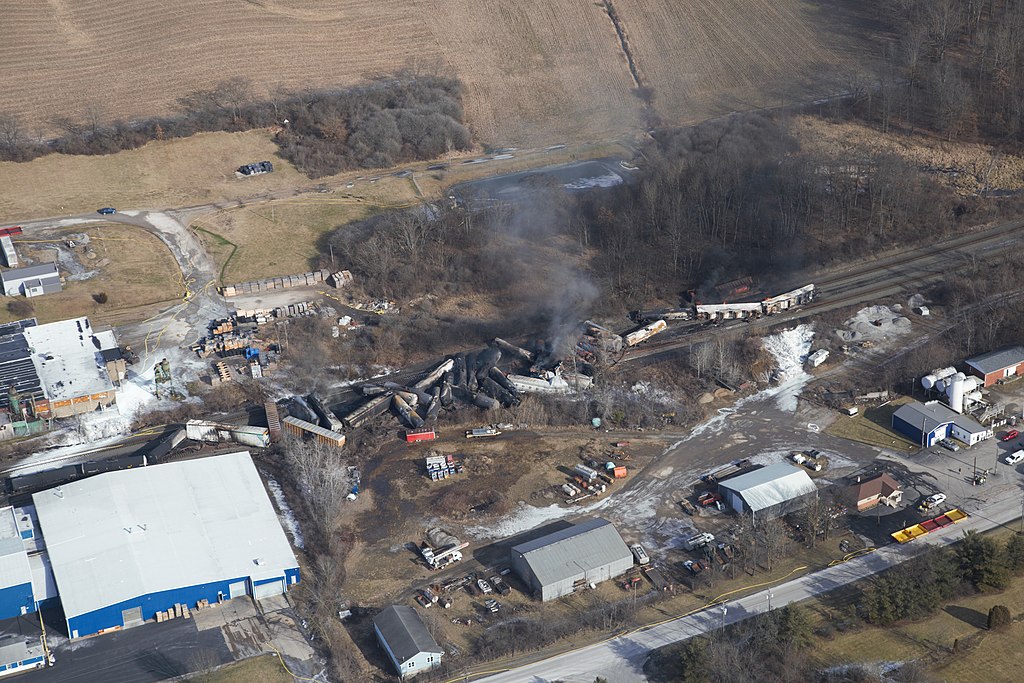 The big pesticide companies are once again being accused of manipulating science to get what they want; this time by withholding evidence of pesticide toxicity from European Union (EU) regulators in order to get their pesticides approved. The tactic is not only unethical but is against the law. And finally, researchers are starting to shine a light on this scandal.
The big pesticide companies are once again being accused of manipulating science to get what they want; this time by withholding evidence of pesticide toxicity from European Union (EU) regulators in order to get their pesticides approved. The tactic is not only unethical but is against the law. And finally, researchers are starting to shine a light on this scandal.
New research from Swedish researchers, chemist Axel Mie and toxicologist Christina Ruden, published in the journal Environmental Health reveals that several pesticide manufacturers withheld unfavorable results of toxicity tests for the developing brain from European authorities. The manufacturers–including Bayer, Syngenta, and Nissan Chemical–had conducted developmental neurotoxicity tests to win regulatory approval for their products and submitted them to the US EPA but not to the European Food Safety Authority.
The Swedish researchers discovered that 9 out of 35 developmental neurotoxicity (DNT) studies were withheld from EU regulators despite clear legal requirements to disclose them. In fact, the EU authorities did not even hear about these tests until years later. As a result, the negative studies were not considered by EU regulators during their first authorization of the nine pesticides: abamectin, ethoprophos, buprofezin, fenamidone, fenamiphos, glyphosate-trimesium, pymetrozine, pyridaben, and fluazinam. The pesticides were used on tomatoes, strawberries, potatoes, and eggplants.
 Leading the Charge Against America’s Biggest Polluters
Leading the Charge Against America’s Biggest Polluters Illinois Personal Injury Lawyer Blog
Illinois Personal Injury Lawyer Blog


 The big pesticide companies are once again being accused of manipulating science to get what they want; this time by withholding evidence of pesticide toxicity from European Union (EU) regulators in order to get their pesticides approved. The tactic is not only unethical but is against the law. And finally, researchers are starting to shine a light on this scandal.
The big pesticide companies are once again being accused of manipulating science to get what they want; this time by withholding evidence of pesticide toxicity from European Union (EU) regulators in order to get their pesticides approved. The tactic is not only unethical but is against the law. And finally, researchers are starting to shine a light on this scandal. The director of Ohio’s Department of Health sought to assure East Palestine residents of their safety by remarking that the cancer-causing solvents from the derailment now in the town are no cause for concern, because these chemicals are already “a part of our everyday life.”
The director of Ohio’s Department of Health sought to assure East Palestine residents of their safety by remarking that the cancer-causing solvents from the derailment now in the town are no cause for concern, because these chemicals are already “a part of our everyday life.” If you spend any time on the websites of the leading defense contractors with the U.S. Department of Defense – Lockheed Martin
If you spend any time on the websites of the leading defense contractors with the U.S. Department of Defense – Lockheed Martin Chicago has a lead problem that may rival the contamination in Flint, Michigan, according to
Chicago has a lead problem that may rival the contamination in Flint, Michigan, according to  We have all been told about the benefits of drinking water out of a reusable bottle. It’s convenient, better for the environment than single-use bottles, and increases your daily water intake. However, if your reusable water bottle is made out of plastic, it may be more damaging to your health than it is beneficial. In a recent
We have all been told about the benefits of drinking water out of a reusable bottle. It’s convenient, better for the environment than single-use bottles, and increases your daily water intake. However, if your reusable water bottle is made out of plastic, it may be more damaging to your health than it is beneficial. In a recent  Update, July 2022: After being passed in the House and Senate, the Honoring Our PACT Act was expected to go to President Biden’s desk for his signature, but it is currently being blocked in the Senate by Mitch McConnell and the Republicans.
Update, July 2022: After being passed in the House and Senate, the Honoring Our PACT Act was expected to go to President Biden’s desk for his signature, but it is currently being blocked in the Senate by Mitch McConnell and the Republicans. Recent news reports have revealed that a benzene leak at Ford’s Assembly Plant in Flat Rock, Michigan has contaminated the sewers in a 4-square-mile—and possibly larger—area of the city. As a result of the benzene leak, the Michigan Department of Health and Human Services (MDHHS) is recommending that residents who live in the area bounded by I-75 to the east, Gibraltar Road to the north, Cahill Road to the west, and Woodruff Road south, evacuate until further notice. Initially, 10 homes and one school were evacuated, but now, because it is unclear which homes may be at risk, the MDHHS is recommending that the entire neighborhood evacuate.
Recent news reports have revealed that a benzene leak at Ford’s Assembly Plant in Flat Rock, Michigan has contaminated the sewers in a 4-square-mile—and possibly larger—area of the city. As a result of the benzene leak, the Michigan Department of Health and Human Services (MDHHS) is recommending that residents who live in the area bounded by I-75 to the east, Gibraltar Road to the north, Cahill Road to the west, and Woodruff Road south, evacuate until further notice. Initially, 10 homes and one school were evacuated, but now, because it is unclear which homes may be at risk, the MDHHS is recommending that the entire neighborhood evacuate.
 UPDATE: The Collins Law Firm. P.C. and Miner Barnhill & Galland, P.C. have filed a class action lawsuit against Chemtool Incorporated on behalf of residents affected by the explosion and fire that caused them to be evacuated from the area.
UPDATE: The Collins Law Firm. P.C. and Miner Barnhill & Galland, P.C. have filed a class action lawsuit against Chemtool Incorporated on behalf of residents affected by the explosion and fire that caused them to be evacuated from the area.